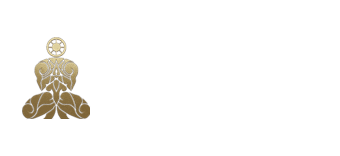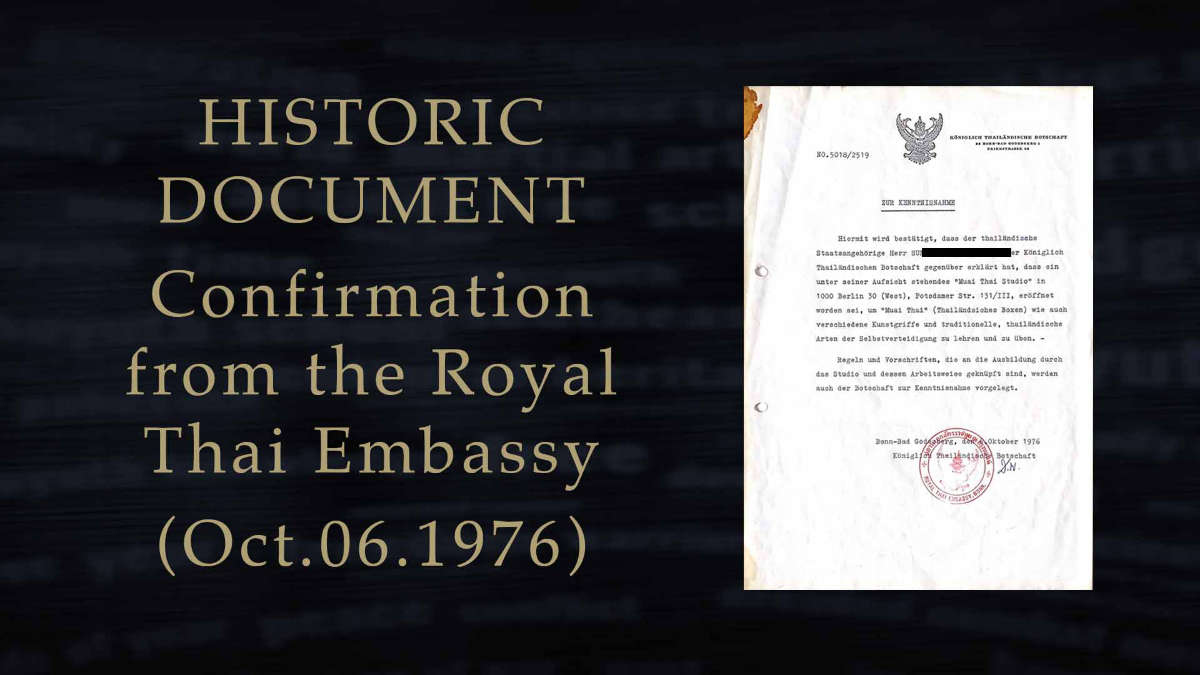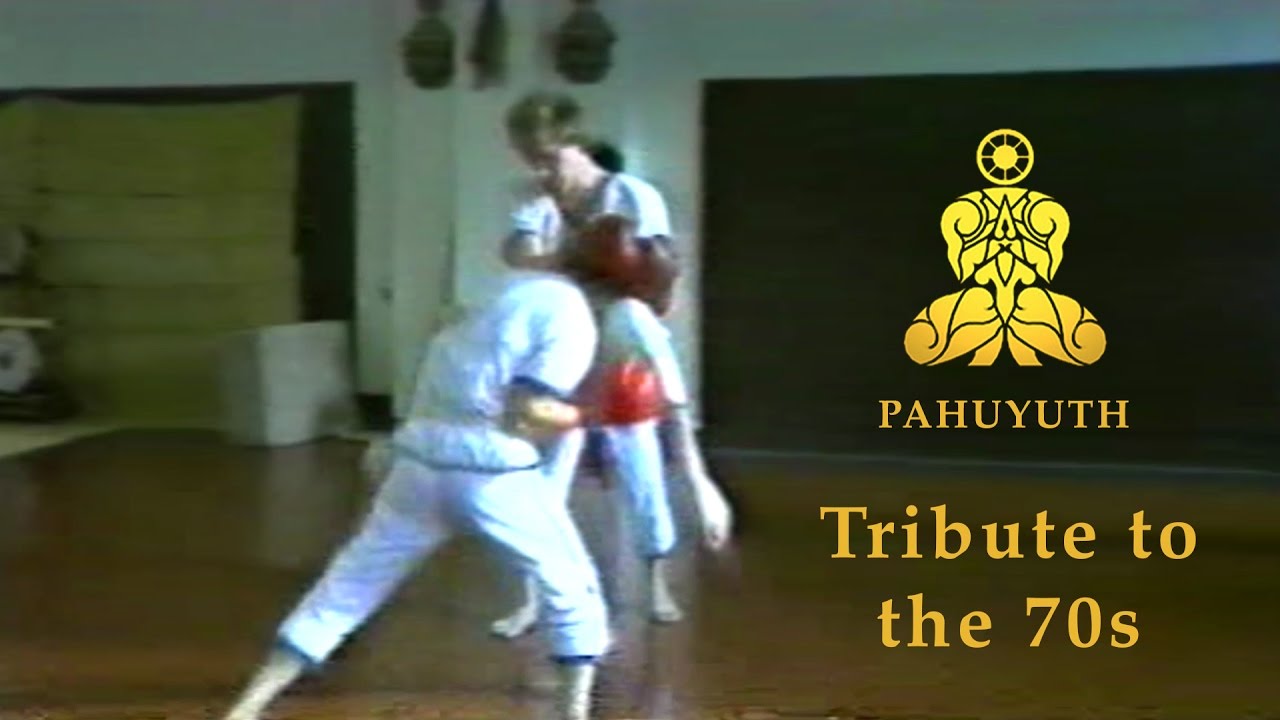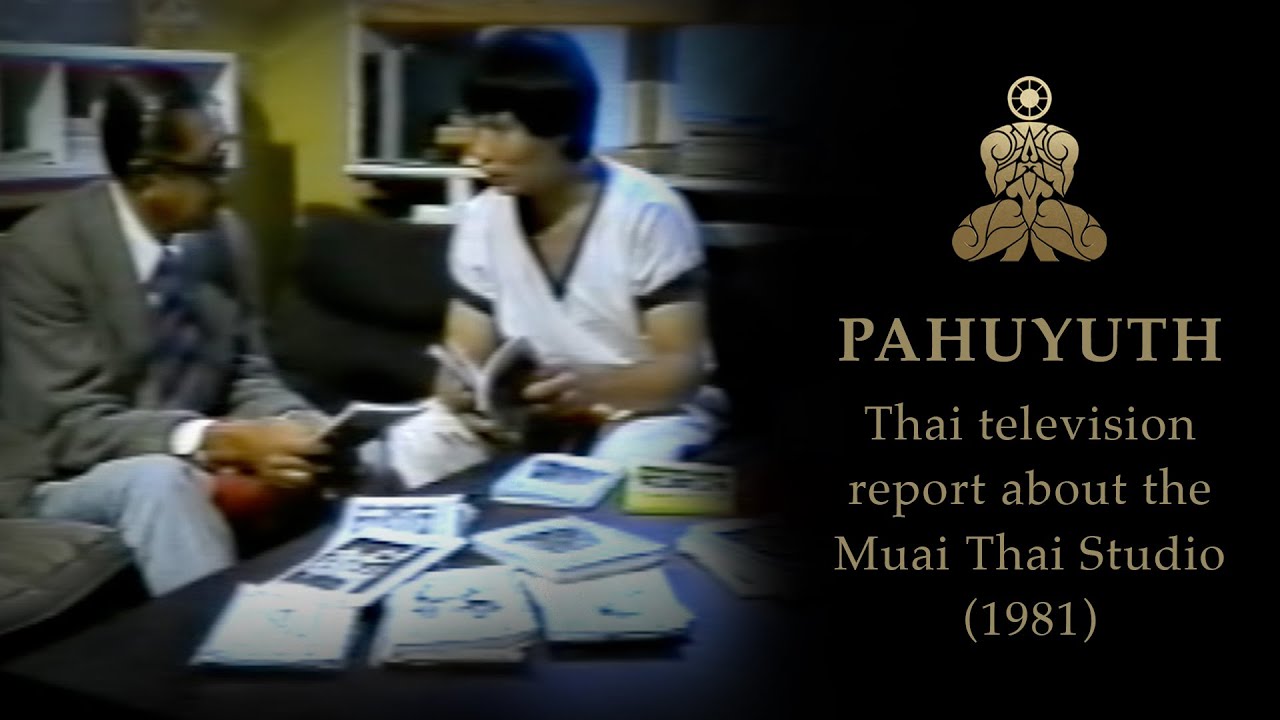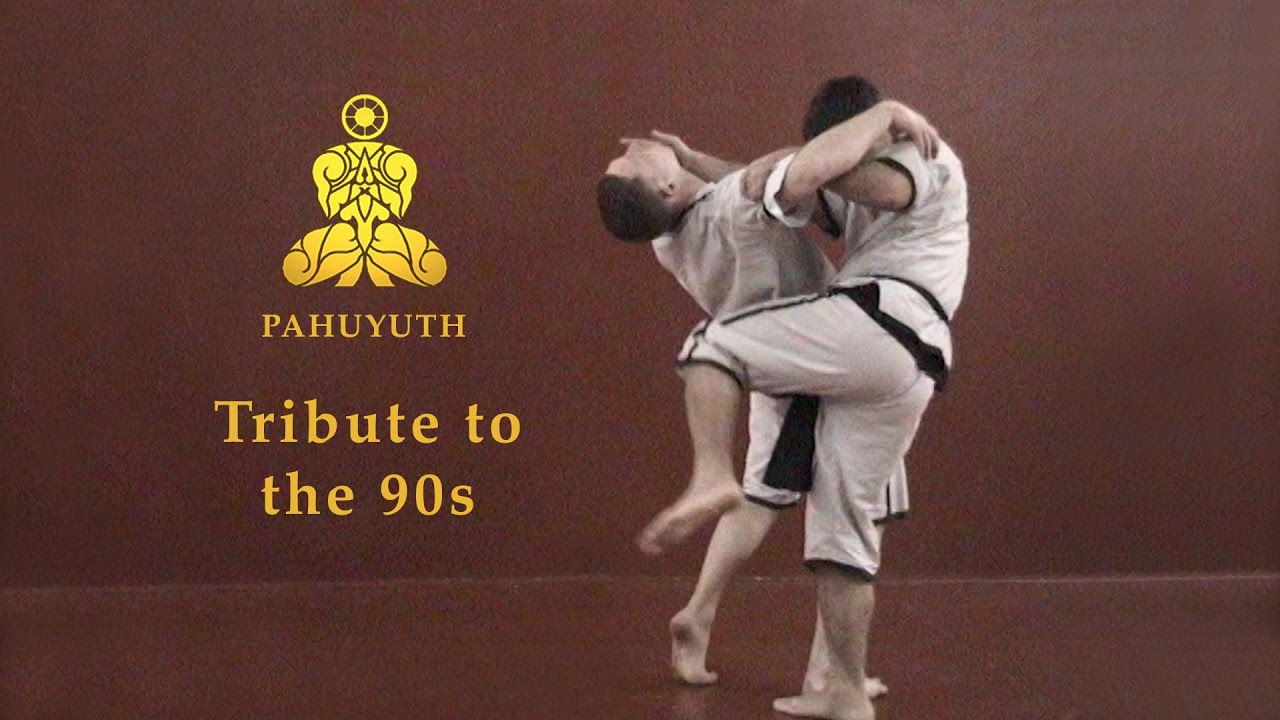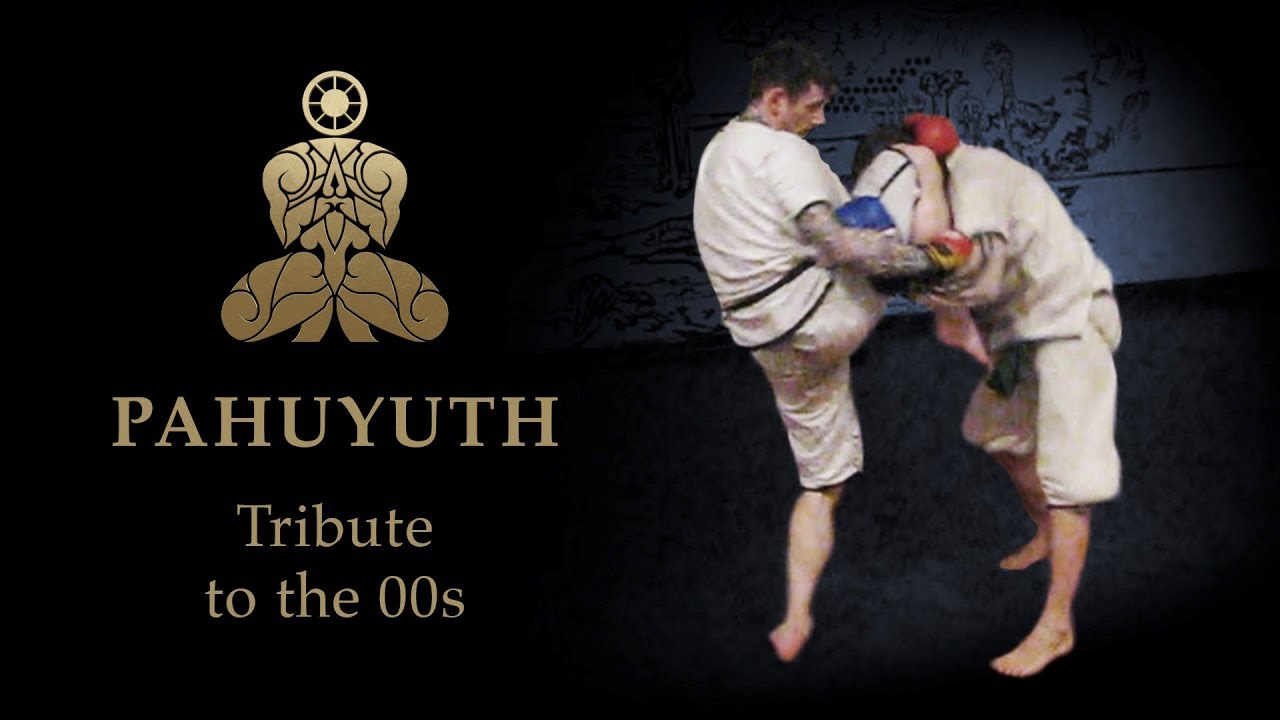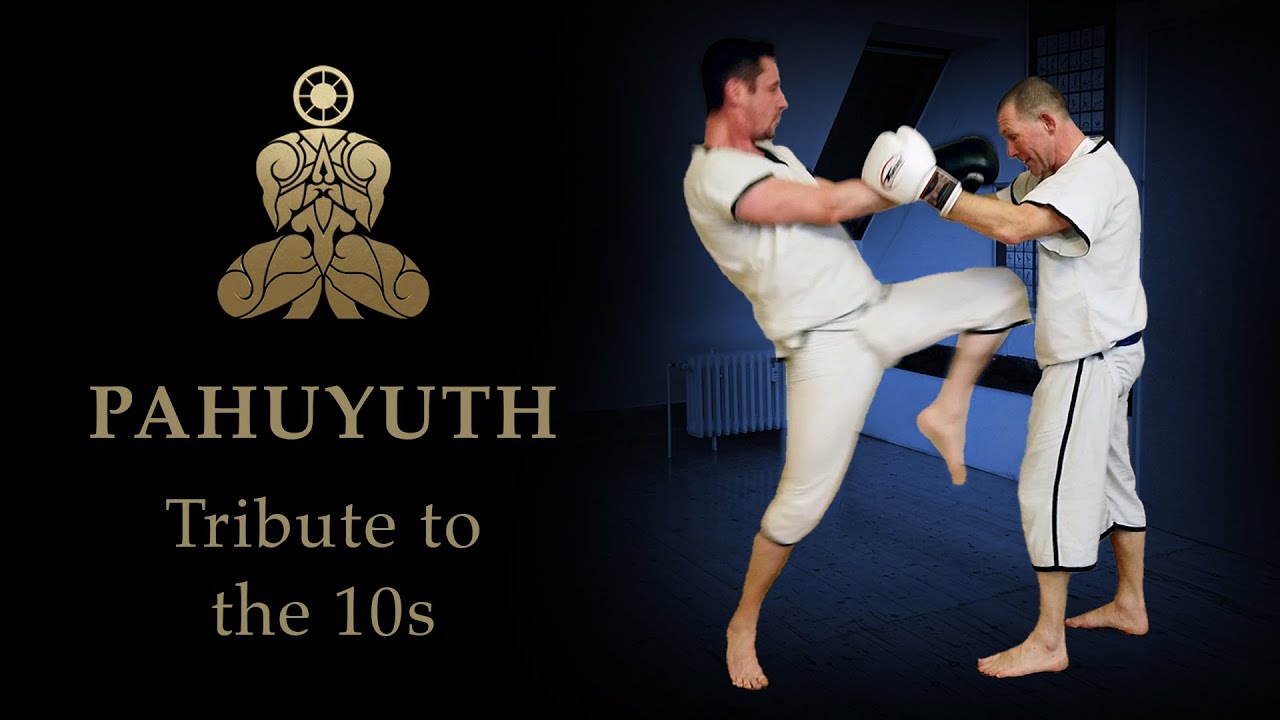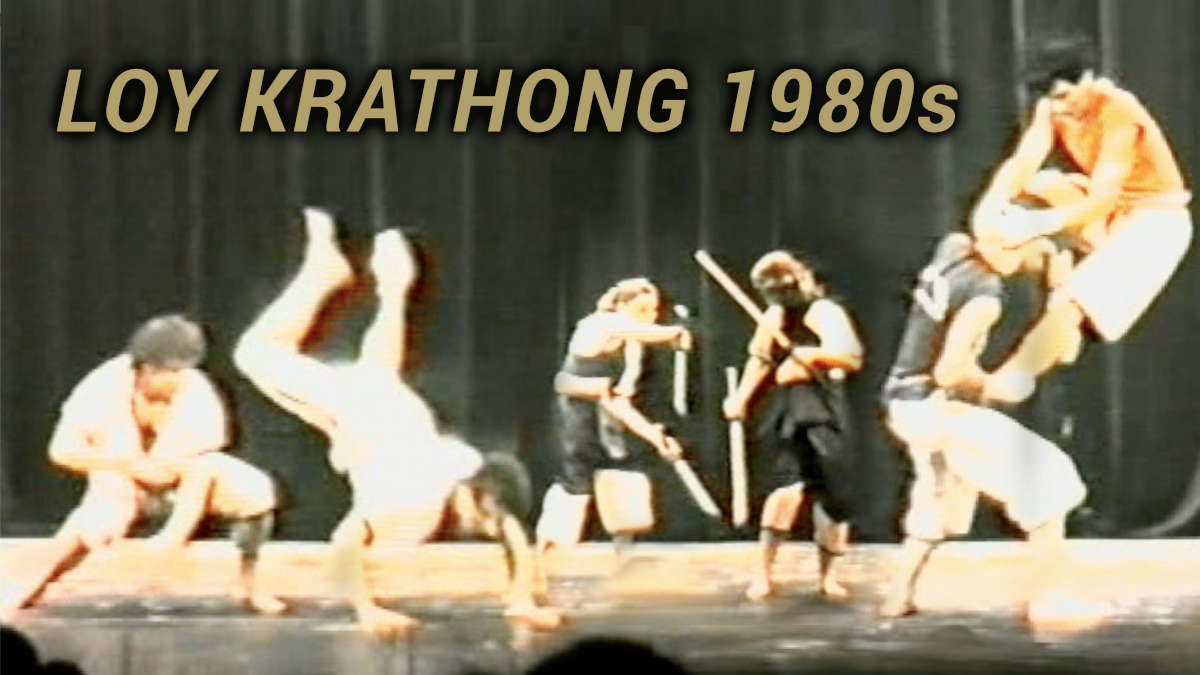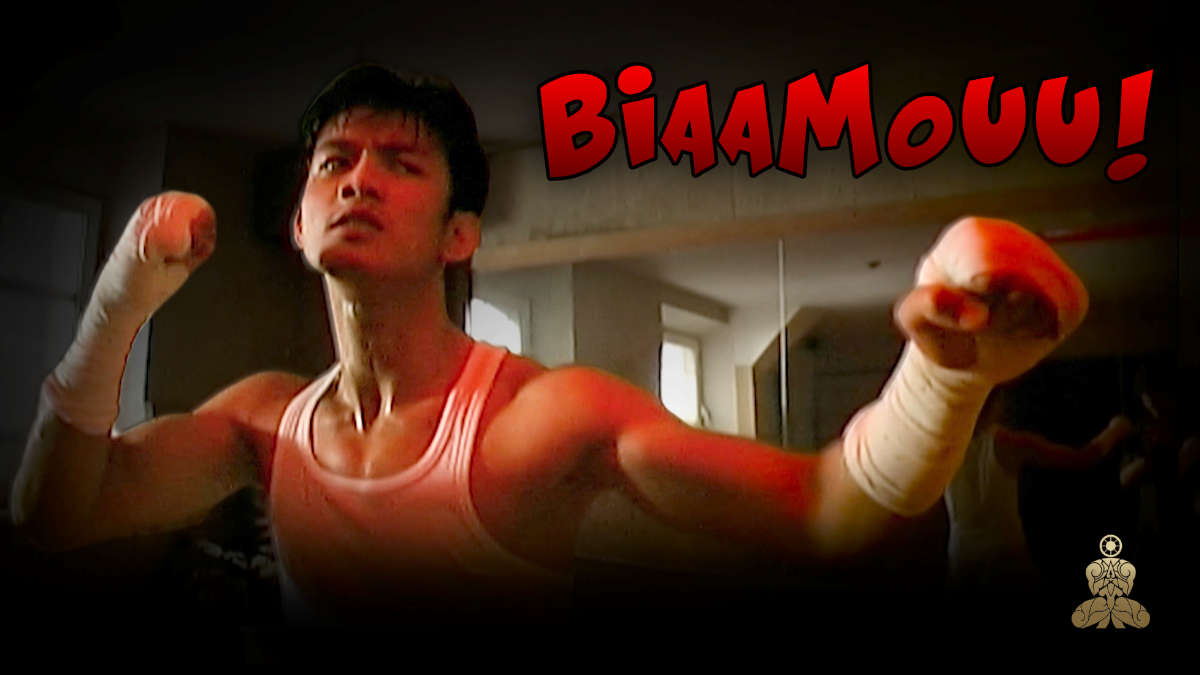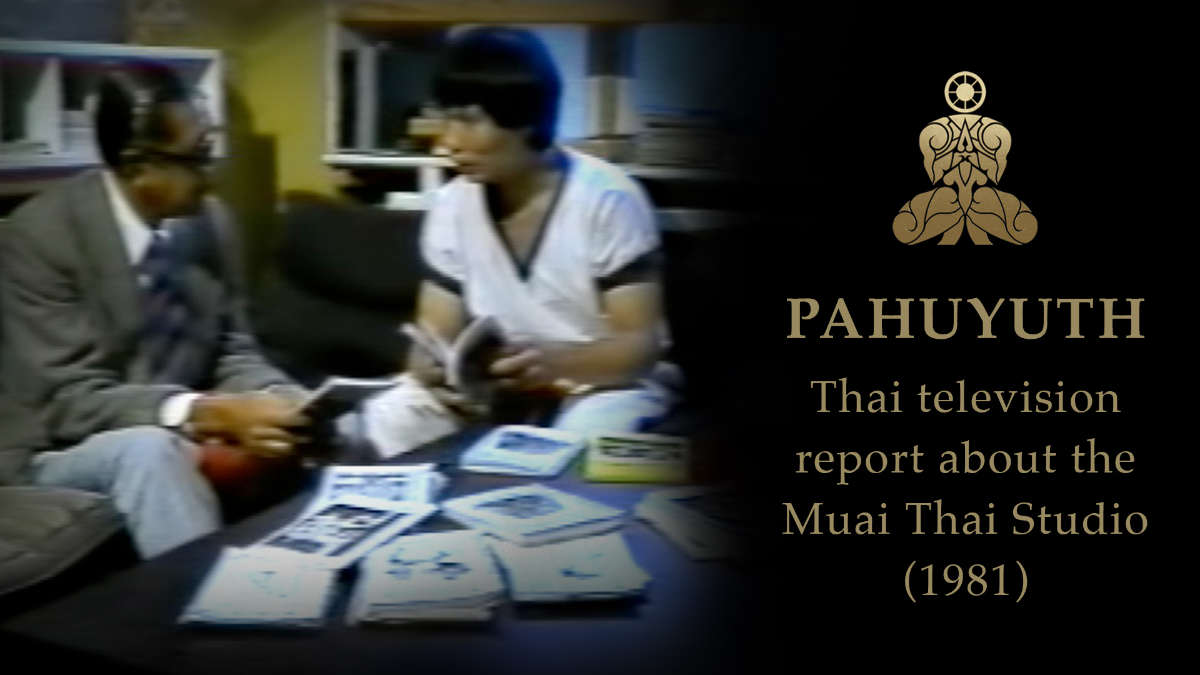Content
Historic Document – Confirmation from the Royal Thai Embassy (Oct 06 1976)
On this page we share a document from the seventies in which the Royal Thai Embassy confirms its knowledge of the opening as well as the teaching content of the Muai-Thai Studio. Formally informing the embassy about our activities in Berlin and obtaining official confirmation of their knowledge had become necessary at that time in order to comply with the requirements of the Allied rights of reservation.
According to our research, the Muai Thai School, now known as the Pahuyuth School, is the first and only teaching institute on the territory of the Federal Republic of Germany that has ever received such a confirmation.
A transcription / translation of this document as well as additional information on the historical context can be found below.
Transcription / Translation
NO.5018/2519
(Garuda emblem)
Royal Thai Embassy
53 Bonn-Bad Godesberg 1
Ubierstraße 65FOR ACKNOWLEDGEMENT
Herewith we confirm, that the Thai national Mr – REDACTED – has told the Royal Thai Embassy that a “Muai Thai Studio” under his supervision was opened at 1000 Berlin 30 (West), Potsdamer Str. 131/III, to teach and practice “Muai Thai” (Thai boxing) as well as various techniques and traditional Thai ways of self-defense. –
Rules and regulations linked to the training of the studio and its working methods are also submitted to the embassy for information.
Bonn-Bad Godesberg, 6 October 1976
Royal Thai Embassy
(seal and signature)
Historical context
The Pahuyuth School was founded in 1975 as the “Muai-Thai Studio” in West-Berlin. It was the first school in Germany to make the then unknown “Thai martial arts” publicly accessible. Among the tasks of this school was to promote Thai sports combat (Muay Veti, Muay Thai, Thai boxing) and Thai culture in Europe, which is why at that time people often spoke of e.g. “Thai sports fighting”, the “techniques of Thai” and “Muai Thai” (with “i”, which is by the way the original spelling) instead of MUAI or PAHUYUTH.
Pahuyuth itself is not a sport and, strictly speaking, not even a Thai martial art (Thailand was only founded in 1939, a very long time after Pahuyuth came into being). Nevertheless, it is the origin of all Thai and many Southeast Asian martial arts and combat sports, which is why parts of the Pahuyuth (especially the MUAI) were used at that time to promote “Thai sports” and “Thai culture” in Germany and Europe and thus lay the foundation for many subsequent martial artists.
In 1989, the Berlin Wall came down, Germany was reunited and the Allied troops left Germany. Berlin’s special status was removed and the development of the Muai-Thai Studio took an even more authentic direction.
In the nineties, when Muay Thai or Thaiboxing had become sufficiently popular, also thanks to the decades of groundwork of the Muai-Thai Studio, the Muai-Thai Studio developed itself further into the “Pahuyuth School” as it is known today. The focus of the training shifted more and more to combat martial arts with and without weapons (Pahuyuth) as well as to the preservation and maintenance of the traditional Free-Warrior knowledge (Pahuyuth, Naturopathy and Saiyasart) and culture by education and teaching.
The focus on traditional martial arts and the ever-increasing number of publications by the Pahuyuth School indirectly led to the development of the Muay Boran in Thailand and to a growing interest in traditional Thai martial arts (e.B. Krabi Krabong) around the world.
To this day, the Pahuyuth School is regarded as an important trailblazer for the development of Thai martial arts in Europe, as well as a benchmark-setting pioneer and authority for traditional Thai martial arts worldwide. Its purpose is to protect and maintain the traditional knowledge and culture of the ancient Free-Warriors through education and information.
